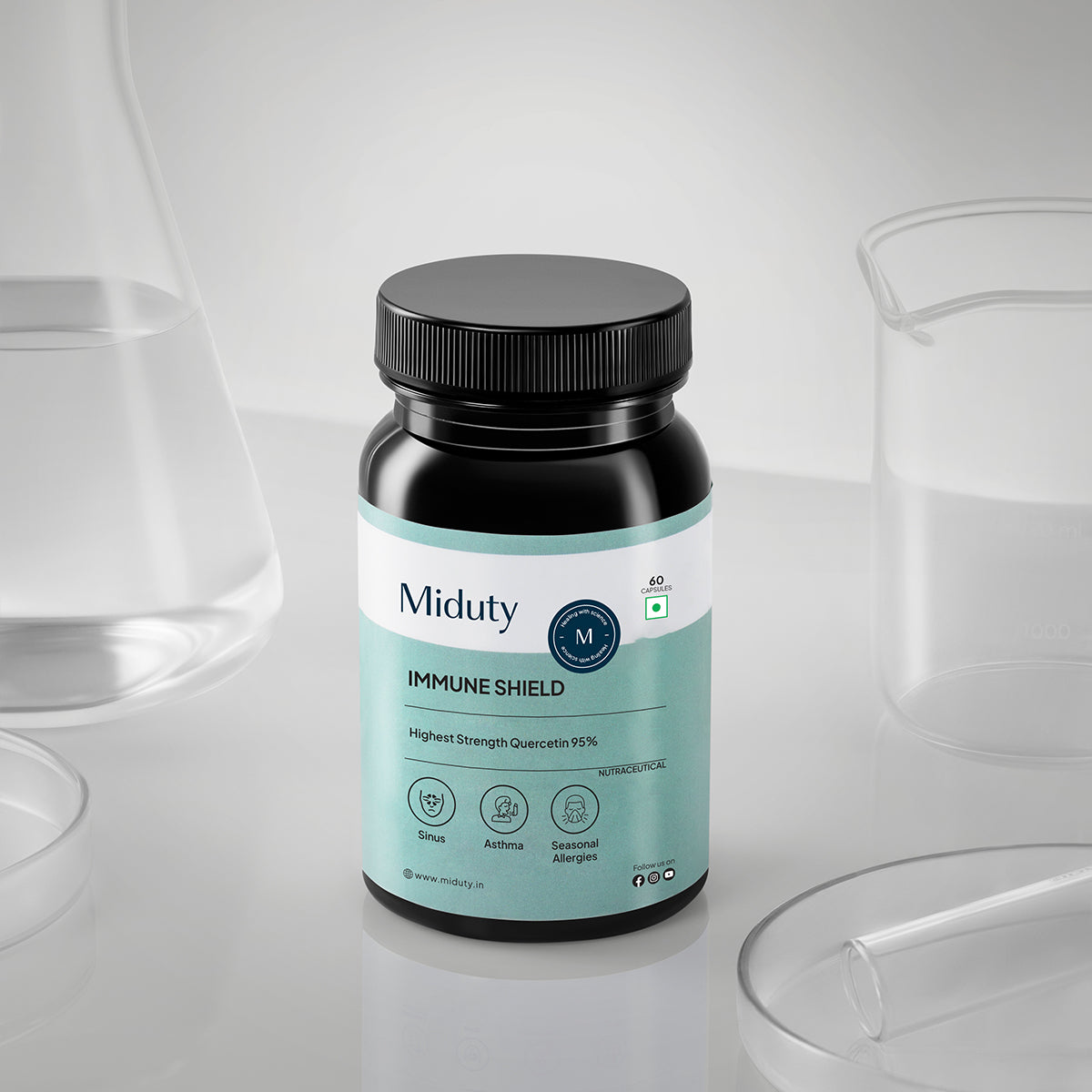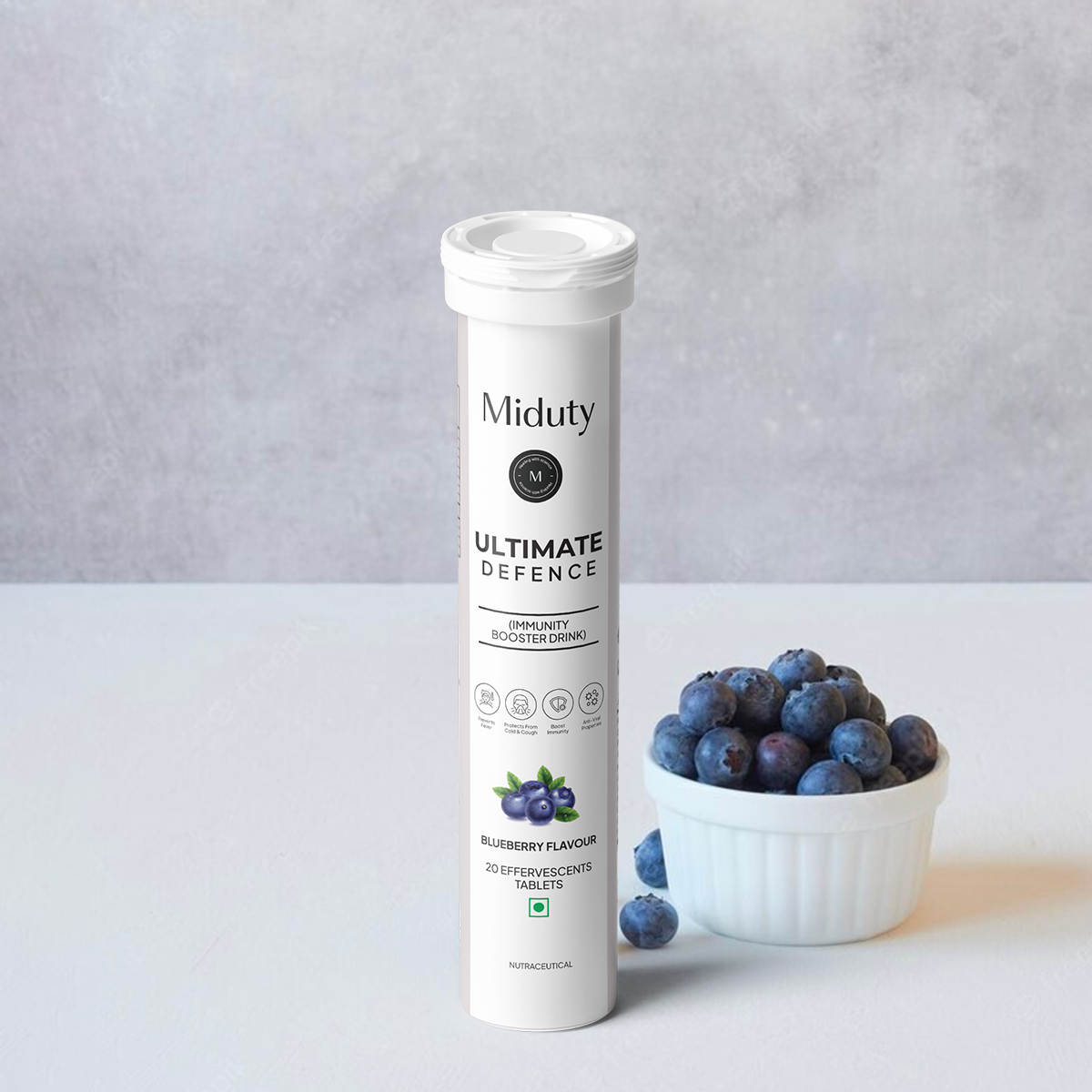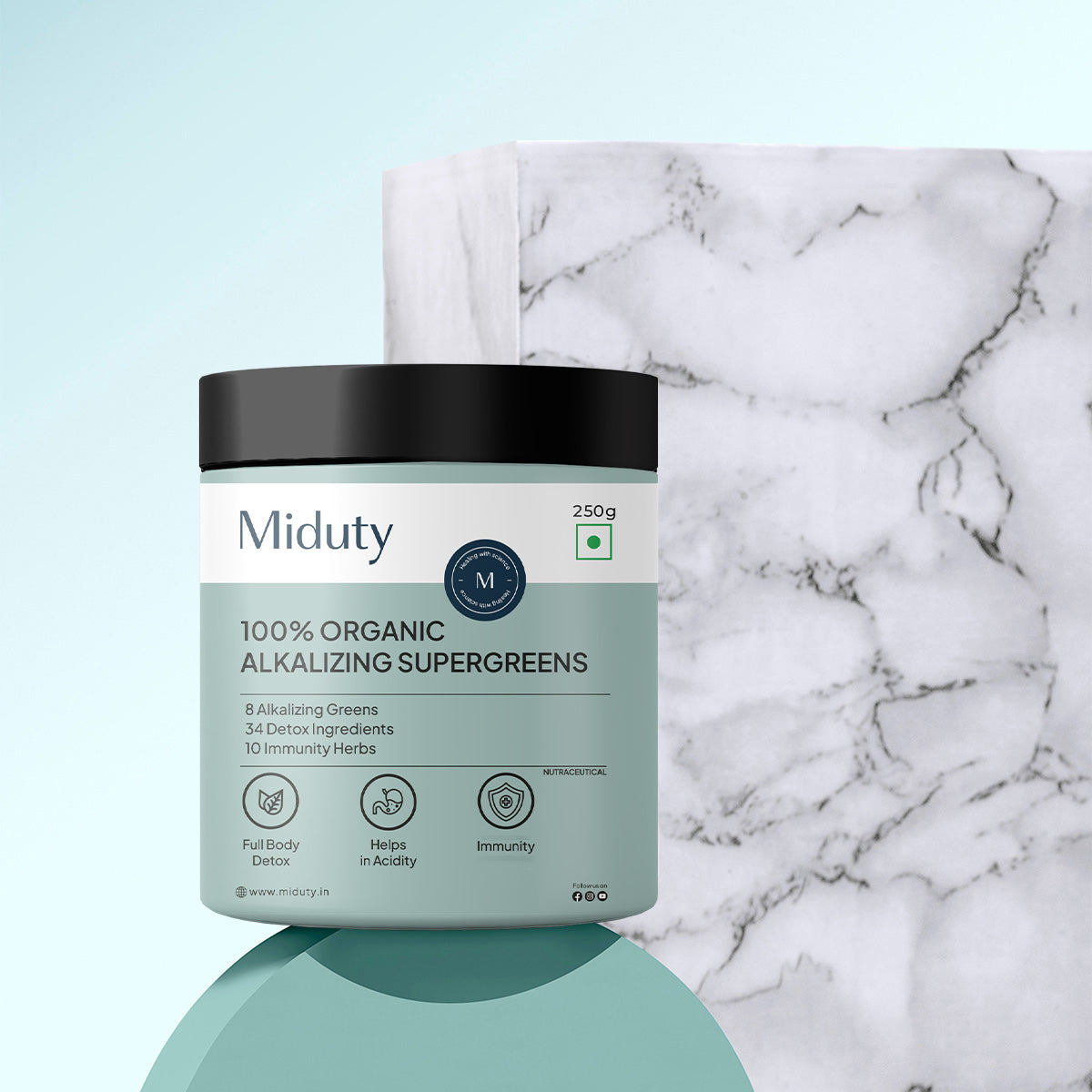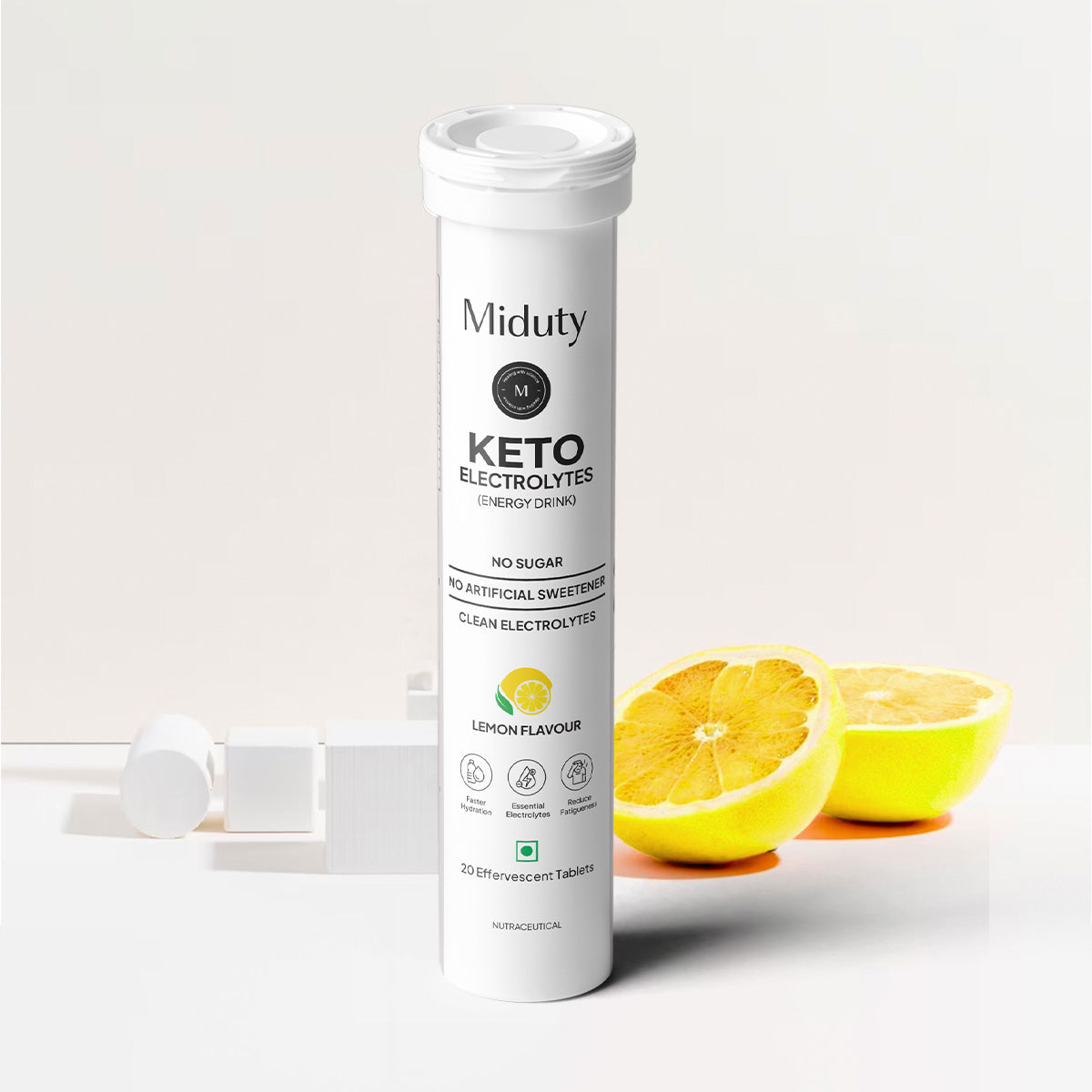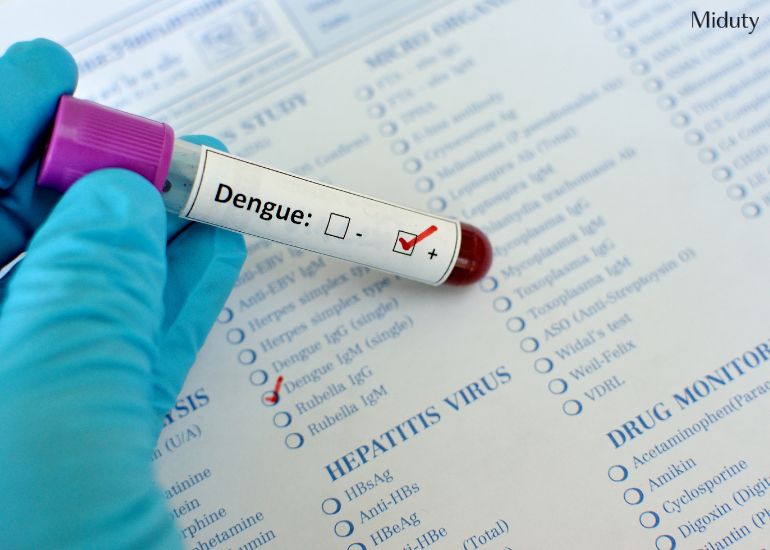
What to Eat in Dengue to Increase Platelets Count: A Life-Saving Guide
Introduction
According to a study published in The Lancet, India accounts for approximately one-third of the global dengue disease burden, with an estimated 12.9 million primary infections annually.
Key Takeaways
1. India alone accounts for nearly one-third of the world's dengue cases, making it a major hotspot for the disease.
2. There's no medicine that can instantly raise platelet levels—only the right nutrition and care can support recovery.
3. What you eat during dengue isn't just food; it becomes a form of medicine that helps your body heal.
4. Natural remedies like papaya leaf juice, giloy, and wheatgrass have shown powerful results in supporting immunity and blood health.
5. To recover faster, avoid things that slow healing like processed sugar, alcohol, and oily or spicy foods.
Do you feel drained? Even after sleeping for hours, the body aches, fever doesn't drop, and that helpless weakness just doesn't go away. On top of that, blood reports show something alarming: falling platelets. This is the story of every second dengue patient.
Dengue brings with it high-grade fever, chills, muscle pain, skin rashes, vomiting, and in many cases, a sharp drop in platelet count, which leads to internal bleeding, bruises, and hospitalization. Doctors often say: "No medicines can directly increase platelets. You have to support your body with the right food."
That's exactly what this blog is about foods that work with your body to naturally increase platelet count and help you recover faster.
Why Platelets Drop in Dengue?
Dengue is caused by the Aedes aegypti mosquito. Once infected, your immune system goes into overdrive and mistakenly destroys platelets, thinking they are infected. On top of that, the virus also damages bone marrow, the production house of platelets.
Normal platelet count ranges between 1.5 to 4 lakh per microlitre of blood. Anything below 1 lakh is concerning and below 20,000 is dangerously low. While medicines can help manage symptoms, your body needs nutrients to rebuild platelet levels. Let's look at foods that can help.
What to Eat in Dengue to Increase Platelets?
During dengue, your body is in a state of high stress and inflammation. What you eat plays a critical role in supporting immunity, rebuilding blood components, and speeding up recovery. A nourishing, hydrating, and easily digestible diet becomes your biggest ally.
1. Iron-Rich Foods
Iron is crucial for blood formation, oxygen transport, and recovery from dengue-related anemia and platelet loss.
- Wheatgrass Juice
Wheatgrass juice is rich in chlorophyll, which shares a similar molecular structure with hemoglobin. Studies have indicated that wheatgrass juice consumption can lead to a significant increase in platelet counts and a decrease in prothrombin time in individuals with thrombocytopenia. Its high content of iron, calcium, magnesium, and vitamins A and C may contribute to its beneficial effects on blood health.
- Beetroot
Beetroot is known for its high levels of iron, folate, and antioxidants, which are essential for blood formation and oxygen transport. Consuming beetroot may help improve blood volume and support platelet production, aiding in recovery from dengue-induced thrombocytopenia.
- Dragon Fruit
Dragon fruit offers iron and fiber, helping support immune defense and tissue healing during dengue recovery.
- Spinach
Spinach is a powerhouse of non-heme iron and folate. Including spinach soup or lightly cooked spinach in your diet can boost hemoglobin production naturally without stressing digestion.
2. Zinc-Rich Foods
Zinc is critical for immune function, tissue repair, and reducing inflammation during viral infections like dengue.
- Bone Broth
Bone broth provides easily digestible proteins, amino acids, collagen, and minerals like zinc that are essential for tissue repair and immune system strengthening. It also supports gut health, which can weaken during infections.
- Moong Dal Soup
For vegetarians, moong dal soup is a light, protein-rich option that helps maintain strength and provides moderate amounts of zinc and folate, important for immune resilience during dengue recovery.
- Pumpkin Seeds
Pumpkin seeds are one of the richest natural sources of zinc. Just a small handful daily can strengthen immunity and support faster recovery from dengue infections.
- Cashews
Cashews are a good plant-based source of zinc, iron, and healthy fats, making them an ideal snack during dengue recovery (best consumed soaked for easier digestion).
3. Other Beneficial Foods
- Papaya Leaf Juice
Papaya leaf juice is widely recognized for its potential to boost platelet counts during dengue fever. A study published in the Asian Pacific Journal of Tropical Biomedicine observed that patients treated with papaya leaf extract experienced a significant increase in platelet counts. The extract is rich in vitamins A, C, and E, and contains enzymes like papain that may aid in reducing inflammation and supporting recovery.
- Giloy
Giloy, also known as Tinospora cordifolia, is an Ayurvedic herb reputed for its immune-boosting properties. Research suggests that Giloy possesses anti-dengue potential by modulating the immune response and suppressing cytokine storms. It enhances overall immunity even though it doesn't directly increase platelet counts.
- Coconut Water
Hydration is crucial during dengue fever, and coconut water serves as an excellent natural electrolyte-rich beverage. It helps replenish essential minerals like potassium and sodium, supports kidney and liver function, and maintains fluid balance.
- Pumpkin
Pumpkin is high in vitamin A, a nutrient that plays a key role in the production and function of platelets. Including pumpkin in the diet, especially in a soft, cooked form, can be gentle on the stomach and provide necessary immune support during dengue recovery.
- Kiwi
Kiwi is rich in vitamin C, E, and antioxidants. It strengthens immune defenses, aids digestion, and promotes tissue healing during dengue recovery.
What to Avoid in Dengue?
Just like some foods help, others can slow recovery or worsen platelet drop:
- Oily & spicy food – Irritates the gut, slows digestion
- Caffeine & alcohol – Dehydrates and weakens liver function
- Processed sugar – Suppresses immunity
- Platelet-destroying foods – Avoid aspartame, quinine (in tonic water), and certain artificial colors
Conclusion
Recovering from dengue isn't just about managing fever, it's about restoring strength, supporting immunity, and rebuilding what the virus has damaged, especially your platelet count. While there's no magic pill to increase platelets overnight, nature offers powerful allies in the form of nutrient-dense foods.
The right diet, rich in antioxidants, iron, hydration, and easy-to-digest proteins, can accelerate healing and prevent complications. Combine this with adequate rest, hydration, and medical monitoring, and your body will do the rest. Remember, during dengue, food becomes more than nourishment, it becomes a form of medicine that helps your system bounce back stronger and faster.
Frequently Asked Questions On Dengue -
Q1 - How to increase platelets fast in dengue?
To increase platelets fast in dengue, focus on natural remedies like papaya leaf juice, wheatgrass, and iron-rich foods along with proper hydration. While there's no instant fix, these support the body's natural platelet production and speed up recovery.
Q2 - Can platelets increase in one day?
Platelets typically don't increase significantly in just one day, but with proper nutrition, hydration, and rest, the body can begin to stabilize and improve platelet production within a few days. Sudden jumps in count usually require medical intervention like platelet transfusion.
Q3 - Why do platelets drop in dengue?
Platelets drop in dengue because the virus affects the bone marrow, reducing platelet production, and triggers an immune response that mistakenly destroys healthy platelets. Additionally, the virus can damage blood vessels, leading to increased platelet consumption.
Q4 - What are signs of low platelets?
Signs of low platelets include easy bruising, prolonged bleeding from cuts, tiny red or purple spots on the skin (petechiae), bleeding gums, nosebleeds, and in severe cases, blood in urine or stools. Fatigue and weakness may also occur due to reduced blood clotting ability.
Q5 - How to heal dengue fast?
To heal from dengue fast, focus on adequate rest, stay well-hydrated, and consume a nutrient-rich, easily digestible diet that supports immunity and platelet recovery. Regularly monitor platelet levels and follow your doctor's advice to avoid complications.
References


